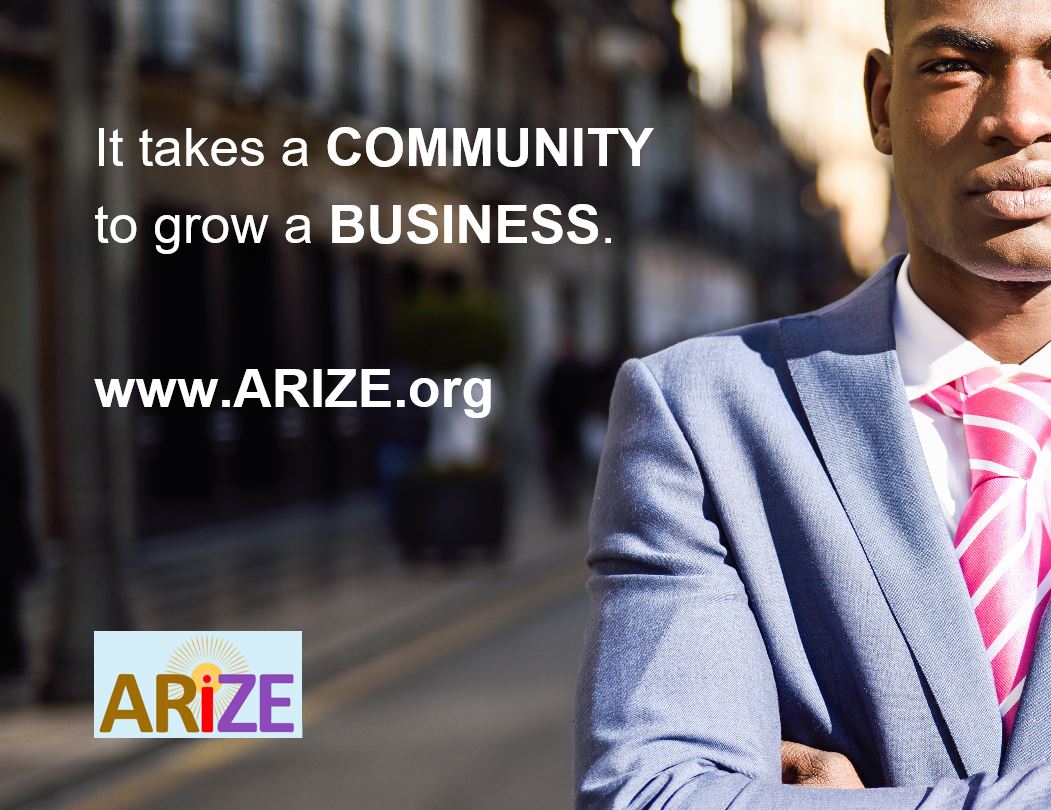INTRODUCTION TO NEEDS ANALYSIS:California’s rising economic tide is not translating into good jobs, living wages, and ownership opportunities for its low-income communities and communities of color. In the backdrop of this statewide challenge, our nation is currently in an evolving moment of transformation. Many types of leadership forces - all with power to build on America’s greatness – now have the option to make constructive or destructive decisions. Across the country, movements to end police brutality and address widening income inequality have put issues of racial and economic justice on the national agenda — demanding action, collaboration, and meaningful change on a local, regional, state and national level. To assess the need and feasibility for developing a shared statewide agenda for economic development in communities of color, the California Urban Partnership surveyed the landscape of our partners business development, asset building, job training and neighborhood outreach programs, including their geographic location and target populations. The need to strengthen, scale, and sustain these programs became clear; each was producing promising outcomes but – while operating in isolation – they simply do not have the capacity to reach significant numbers of the people they were founded to serve. Connecting to a collective impact initiative has the potential to amplify the successes of local and statewide efforts by providing community-based organizations (CBOs) a way to scale their reach (Stanford Social Innovation Review, Kania and Kramer, Winter 2011). The African American, Latino, Native-Indigenous, Southeast Asian and Asian/Pacific Islander CBOs we interviewed have shown great creativity and determination in reaching entrepreneurs, at-risk youth, ex-offenders, veterans, displaced workers, etc., and supporting them to navigate socio-economic challenges so that they can thrive. However, in the CUP’s conversations with these practitioners, they readily admit a need to produce practice-based evidence – the knowledge emerging from innovative work in communities not often represented in research. In our conversations with chief executives of 27 influential CBOs across California, a recurring concern in feedback was about being inundated with work, underfunded and disappointed with the lack of regional leadership and common-interest collaboration. They were sometimes aware of mainstream initiatives focused on economic growth in their regions, but did not trust that those initiatives were committed to fairness and equity for communities of color; and therefore, not engaged. While respondents were generally encouraged by their federal, state and local government leadership, they cited numerous reasons for their disappointment in public sector initiatives; namely, a lack of adequate, integrated and consistent support for attracting business investment, increasing homeownership and developing a 21st century workforce in the best interests of low-income communities and communities of color. African American and Latino respondents in particular shared they believe their organizations operate in an unfriendly funding environment, and therefore face impediments to creating success stories and replicable best practices models. More specifically, they believe they are being undermined financially by competing mainstream organizations that are not led by, or accountable to, people of color – which places outside forces “in charge” of their community’s destiny, and leads to services being fragmented, culturally inappropriate and resource deprived. We learned that due to the usually thin staffing and limited financial resources in grassroots organizations, these groups are among those least likely to participate in the leadership of collective impact initiatives that do not operate with an explicit focus on racial, gender, or economic equity (the extensive time required to fully engage in collective impact efforts can be prohibitively costly for small organizations). The eagerness of respondents to participate in the Community Investment Summit, and the feedback received, suggests that these organizations have the commitment and some of the insights that collective impact initiatives most need. Learning what works for specific groups of people – e.g. Southeast Asian families who have experienced trauma, at-risk youth who need tutors and mentors that can relate to them, formerly incarcerated African American and Latino young men looking for work or guidance, single mothers trying to complete an education, start a business or buy a home – is an essential step in achieving the holistic and community-level goals that drive collective impact initiatives. To grow community organization participation in the CIS – the California Urban Partnership will draw on our staff’s well developed network of relationships with community-based providers and advocates across the state, which have been developed over decades. In addition, we will make sure that the agendas of both system leaders and community partners are responsive and accountable to each other. As part of our fundraising role as a backbone entity, we will consistently seek funding to pay for travel, as well as some of the staff time that community-based organizations devote to the collective effort. Drawing on the education, experience and skill of our staff and a multi-disciplinary and cross-sector team of partners and consultants, the CUP will function as a bridge between ethnic and neighborhood-focused practitioners, and region-wide stakeholders in general, to improve outcomes for communities of color, which will benefit ALL Californians. This bridging will help them align their efforts, articulate the evidence base for their work, create a learning community among economic development practitioners to strengthen program design and delivery, as well as serve as a forum through which to identify common issues, pursue a common agenda and increase their impact. Now more than ever before, public, private and community sector leaders face an urgent need to put in place policies and strategies to counter deepening inequality, and build “all-in cities” where all residents — especially those who’ve long been excluded — can participate, prosper, and reach their full potential. While California’s unemployment rate has dropped significantly over the past 2 years to 6.3% in 2015, it remains above the national average of 5.1%, and too many Californians continue to suffer from the impacts of the 2006 Financial Crisis and 2010 global recession. Within many low-income neighborhood census tracts in our major urban centers (Oakland, Hayward, San Francisco, San Jose, Richmond, Sacramento, Fresno, Los Angeles, San Bernardino, Riverside and San Diego), unemployment rates for Blacks and Hispanics have hovered between 15 – 35% for well over two decades (according to the U.S. Bureau of Labor Statistics). These realities, coupled with the lack of economic development tools and strategies, negatively affect entire regions, strain public systems, and limit job creation and business expansion. When looking at the disparities faced by California’s communities of color, it is clear that high unemployment rates in low-income inner cities are not the only indicators that have remained dismal for 20 years. The following represents the age old problems the California Urban Partnership intends to address through the Community Investment Summit (CIS): A. Lack of Access to Capital and Markets The Challenge The Benefits — and the New Opportunities B. Homeownership Disparities & Obstacles C. Workforce Development & Diversity Challenges Underrepresentation In Science, Technology, Engineering and Mathematics (STEM) Unemployment Among At-Risk Teens & Ex-Offenders D. Quality of Life In California’s Inner Cities |
OVERVIEW
FOCUS AREAS TRIPLE BOTTOM LINE COLLECTIVE IMPACT: THE FIVE CONDITIONS FOR SUCCESS SUMMIT PROCESS INTRODUCTION TO THE NEEDS Lack of Access to Capital and Markets Homeownership Disparities and Obstacles Workforce Development and Diversity Challenges Quality of Life In California’s Inner Cities SPONSORSHIP OPPORTUNITIES |




